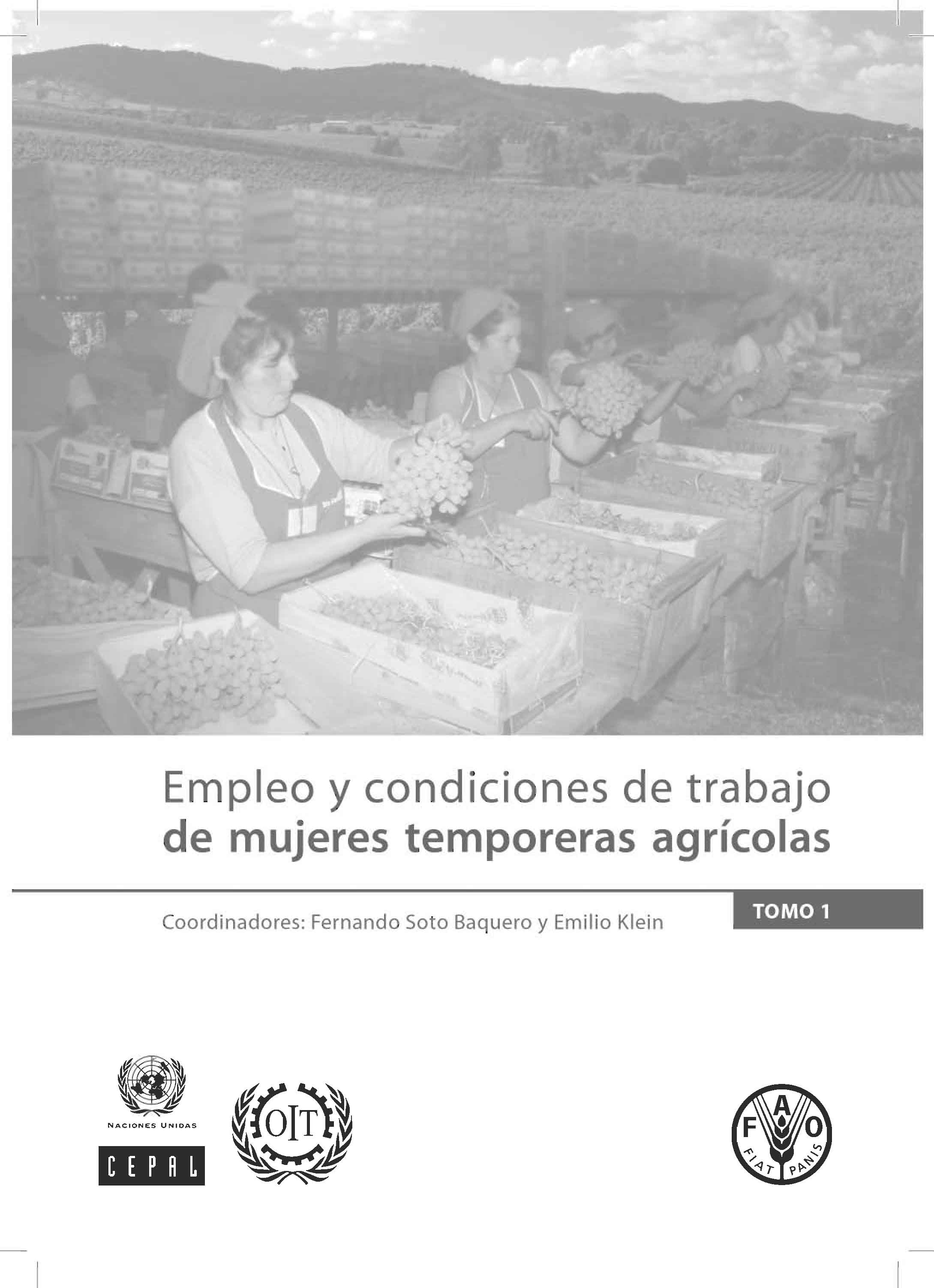Environmental and Gender Impacts of Land Tenure Regularization in Africa : Pilot evidence from Rwanda
Although increased global demand for
land has led to renewed interest in African land tenure, few
models to address these issues quickly and at the required
scale have been identified or evaluated. The case of
Rwanda's nation-wide and relatively low-cost land
tenure regularization program is thus of great interest.
This paper evaluates the short-term impact (some 2.5 years
after completion) of the pilots undertaken to fine-tune the


